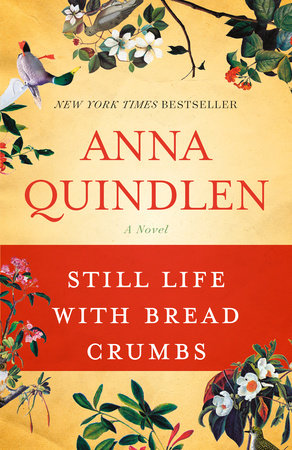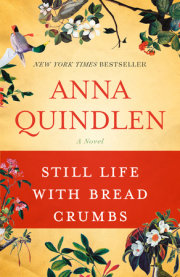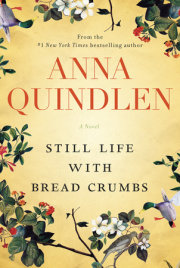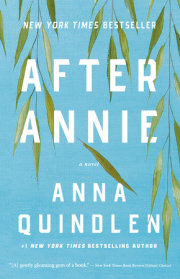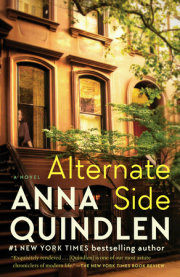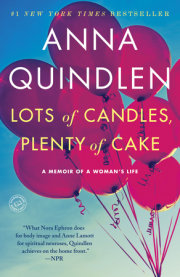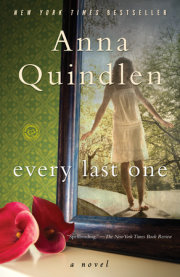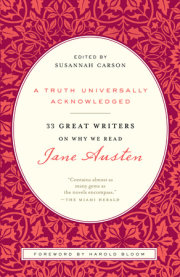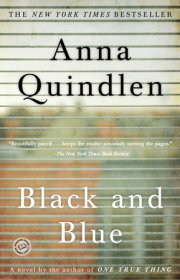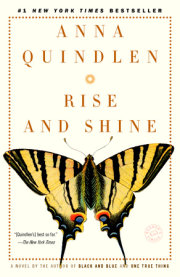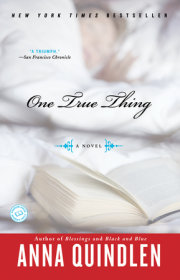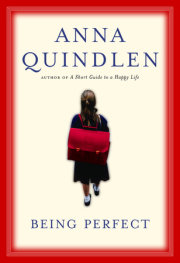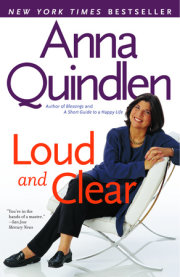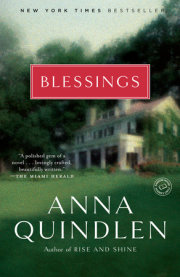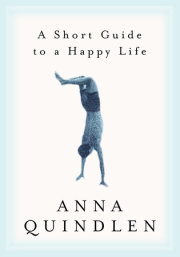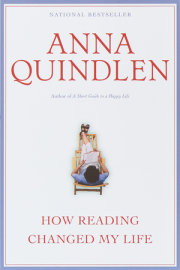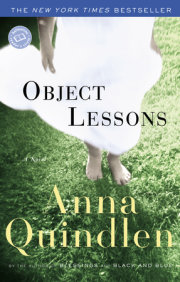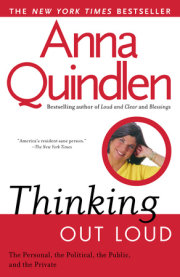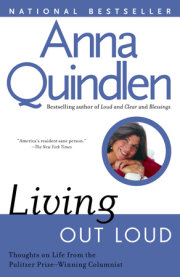No OutletsA few minutes after two in the morning Rebecca Winter woke to the sound of a gunshot and sat up in bed.
Well, to be completely accurate, she had no idea what time it was. When she had moved into the ramshackle cottage in a hollow halfway up the mountain, it had taken her two days to realize that there was a worrisome soft spot in the kitchen floor, a loose step out to the backyard, and not one electrical outlet in the entire bedroom. She stood, turning in a circle, her old alarm clock in her hand trailing its useless tail of a cord, as though, like some magic spell, a few rotations and some muttered curses would lead to a place to plug it in. Like much of what constituted Rebecca’s life at that moment, the clock had been with her far past the time when it was current or useful.
Later she would wonder why she had never owned one of those glow-in-the-dark battery-operated digital clocks, the ones available so cheaply at the Walmart squatting aggressively just off the highway a half hour north of town. But that was later.
As for the gunshot: Rebecca Winter had no idea what a gunshot actually sounded like. She had grown up almost entirely in New York City, on the west side of Manhattan, with vacations on the shores of Long Island and the occasional foray to Provence or Tuscany. These were the usual vacations of the people she knew. Everyone always talked about how marvelous those places were, how beautiful the beaches, how splendid the vineyards. Marvelous, they said, rolling the word around in their mouths the way her husband, Peter, did with that first tasting of wine, pretending he knew more about it than he did, occasionally sending a bottle back to make a point.
But for her family, which she had felt when she was a child hardly deserved the name, being composed of only a father, a mother, and a single child, the trips were never pleasant. Her parents were deeply suspicious of anything that smacked of nature; her mother was almost pathologically afraid of bugs, was always calling down to the doorman to deal with spiders or recalcitrant bees sneaking in from the park outside. Her father had various pollen allergies and from March until October carried an enormous handkerchief, like a white flag of surrender for his sinuses.
Certainly it did happen from time to time that there would be a noise on Central Park West or Riverside Drive or Broadway, and someone might say, Was that a gunshot? This happened especially during that period after Rebecca graduated from college, when it was agreed by people who would never dream of living elsewhere that the city, dangerous and dirty, was becoming unlivable. It was always eventually decided that the gunshot was a car backfire, or a bottle being smashed, or a door slamming to the building’s basement, where the trash was stored.
This was always, without fail, true.
Nevertheless Rebecca was almost certain that it was a gunshot that had awakened her now as she lay stiffly in the bed in the room without outlets. She tried to look at her watch, but it was a small flat gold watch, like a superannuated dime, that her parents had given her when she married, as though her marriage was a retirement of some kind. It had the initials R.W.S. on the back, what her mother called her new monogram, although Rebecca had never changed her name. Still, she had great sentimental attachment to the watch, mainly because of her father, who had selected it and had taken an enormous amount of pleasure in giving it to her. “That’s a beauty!” he said when she removed it from the mahogany box. “It’s not waterproof,” her mother added.
Under the best of conditions it was a difficult watch to read, never mind now, in a bedroom fringed with large pine trees and with the heavy cloud cover of a muggy May night, a thunderstorm moving in overhead. The room was so dark you could not see your hand in front of you. To test this, Rebecca held her hand in front of her, where it glimmered whitely, faintly. She could see it, but just barely.
She was not sleeping soundly in the strange bed, which had a well in the center into which she fell whenever she rolled over, a well like the one used for drainage along the side of the road. Rebecca still didn’t know the name of the road the cottage was on. It was the second right off 547. That’s all she knew. Then the driveway past the pump house. What did the pump house pump? She had said it aloud as she turned in. No answer.
Who lives in a house on a road whose name she does not know? Who moves into a place she has seen only in flattering photographs on the Internet? It reminded her of what she had heard a woman telling a friend at the next table when she was waiting to have lunch with an art book editor. “You walk in and you can’t pick them out at the bar because they look nothing like their picture on the website,” the woman had said. “Nothing. Not. A. Thing.” The cottage was the real estate version of online dating, built atop lies, leading downhill to disenchantment. Or capitulation. “We were so happy here,” the owner had said in an email, attaching a photo of two men with their arms around one another in front of a large tree. They were so happy here, and then they left, and took all the comfortable furniture with them, and replaced it with bits and pieces from the Salvation Army.
A true child of New York, Rebecca thought she felt the bites of bedbugs.
She rolled over and fell into the well in the mattress, the gunshot just a memory, perhaps only an illusion. It was quiet now. There was a smell. There were so many smells. Mildew, damp linen, trampled plants. The bananas in the glass bowl on the drainboard. A whiff of what might be skunk, or skunk cabbage. In the backyard she had taken a deep breath. It had smelled as though the entire forest around her was rotting by inches.
She sniffed audibly, or it would have been audible if there had been anyone to hear. Rebecca was entirely alone. She told herself that she was surprised she wasn’t more frightened by the sound of the gunshot. In truth she was terrified but her body acknowledged the fear without her mind’s concurrence, the way she had developed a bad back after her divorce when she was absolutely sure she was getting along fine. Instead of pajamas she was wearing an old T-shirt that commemorated an exhibition of daguerreotypes at the New-York Historical Society and a pair of very old cotton panties. Her legs were like walking sticks beneath the wool blanket, stiff and tense. The quiet of the country was unnerving. She didn’t find it peaceful in the least, more like the TV with the mute button pressed on the remote. Empty. Her cellphone would not work in the house. Neither would her computer. She had made a terrible mistake.
That was her conclusion even before the nominal gunshot, and then the noise overhead that followed.
It sounded like an elevated subway train making a turn while going too fast. Or like a drawerful of heavy silverware being emptied into a large metal bucket. Or like the pots-and-pans cabinet of a kitchen when the contents are stacked precariously and the door is opened unthinkingly. Benjamin had loved to sit on the floor and play with the lids. “Are we certain those were washed thoroughly?” her husband would say drily. Peter was English. He said everything drily. He never offered to wash the lids, and Rebecca never thought to suggest it. She was the daughter of her father, an avatar of peace at any price.
The train or the silver or the pots or whatever it was overhead crashed again, and again. The smell grew stronger. Rebecca sat up further, with some difficulty, and looked toward the ceiling. She felt as though it might come down around her, blanketing her with plaster and lath, a snowstorm of ceiling. She could see herself in her mind’s eye, the flimsy blue blanket covered with chunks of white and wood. “Fully furnished” the ad for the cottage had said. Ha. Two bedrooms, one blanket, and not a good one, either.
She of all people, to be seduced by a series of photographs, snapshots really, none of the kitchen and bath, two of the view. That should have been the tip-off, that vista of trees with what looked like a stream snaking through them in the distance. You couldn’t sleep in the view, or take a hot shower in it, or make coffee. Nor could you do any of those in this godforsaken house. Fully furnished. Four forks.
Not a gunshot, she realized suddenly, recalling the events of the day. She must have been sleeping more soundly than she thought not to have realized what was happening above her. She reconstructed it as best she could, given her utter ignorance of the situation. First a wire trap snapping shut hard as the lever was tripped with a sound like a gunshot. Now the noise of an angry animal thrashing around in the trap, turning the metal cage over and over like an amusement park ride. Bam bam bam. Finally she was certain she had gotten it right. As for the smell, her imagination failed her. She made a faint sound, somewhere between a prayer, an exclamation, and an obscenity.
Copyright © 2014 by Anna Quindlen. All rights reserved. No part of this excerpt may be reproduced or reprinted without permission in writing from the publisher.

